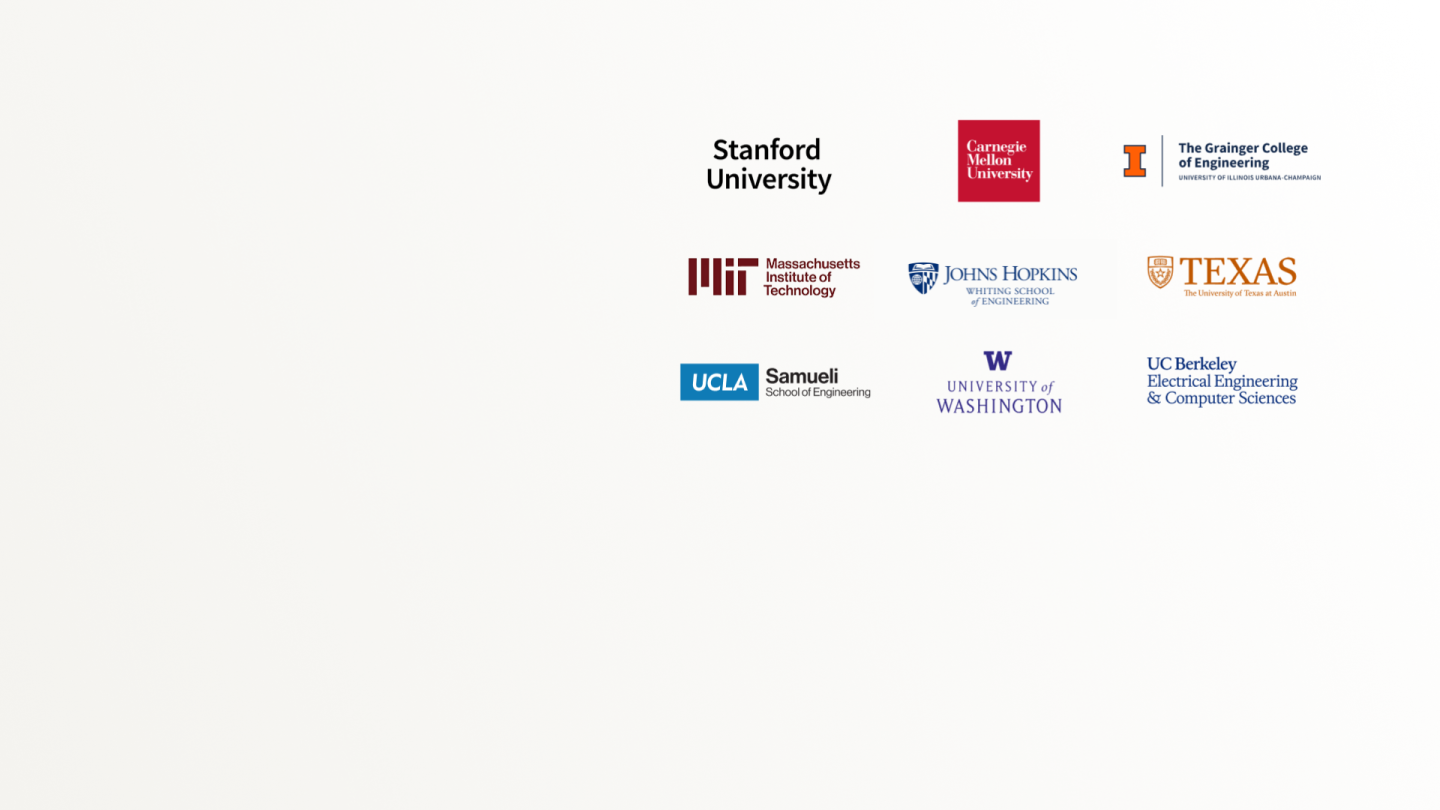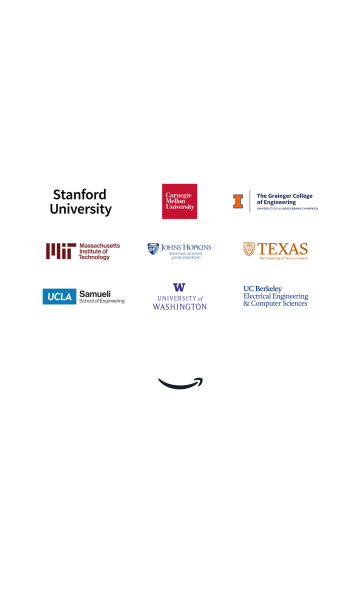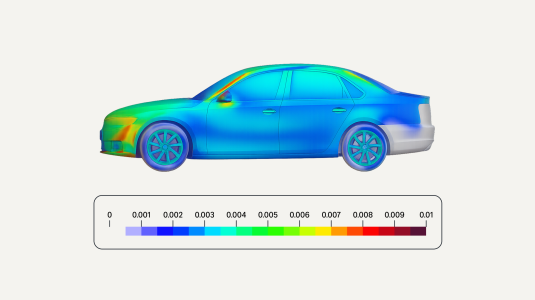Customer-obsessed science


Research areas
-
September 26, 2025To transform scientific domains, foundation models will require physical-constraint satisfaction, uncertainty quantification, and specialized forecasting techniques that overcome data scarcity while maintaining scientific rigor.
-
Featured news
-
Building and maintaining a rich and high-quality product schema helps customers of an e-commerce service find products based on the characteristics they desire. As the quantity of products sold on the service increases, so does the complexity of maintaining the schema. Expanding it requires finding gaps, designing new product attributes, and ensuring that they do not already exist in the schema. In this
-
Customer service in e-commerce often relies on human agents to handle inquiries related to orders, returns, and product information. While this approach is effective, it can be expensive and difficult to scale during periods of high demand. Recent advances in intelligent chatbots, particularly those based on Retrieval Augmented Generation (RAG) models, have significantly improved customer service efficiency
-
Accurate intent classification is critical for efficient routing in customer service, ensuring customers are connected with the most suitable agents while reducing handling times and operational costs. However, as companies expand their product lines, intent classification faces scalability challenges due to the increasing number of intents and variations in taxonomy across different verticals. In this
-
KDD 2025 Workshop on Structured Knowledge for Large Language Models2025Despite advances in large language model (LLM)-based natural language interfaces for databases, scaling to enterprise-level data catalogs remains an under-explored challenge. Prior works addressing this challenge rely on domain-specific fine-tuning—complicating deployment—and fail to leverage important semantic context contained within database metadata. To address these limitations, we introduce a component-based
-
Financial accounting systems rely heavily on subledgers to track detailed transaction records. However, modern systems often evolve into complex architectures where different components use inconsistent labeling conventions, making it difficult to understand and utilize important relationships within subledger data. This paper presents a novel framework LLM-STARS (LLM-Enhanced Standardization of Time-series
Conferences
Collaborations
View allWhether you're a faculty member or student, there are number of ways you can engage with Amazon.
View all














































